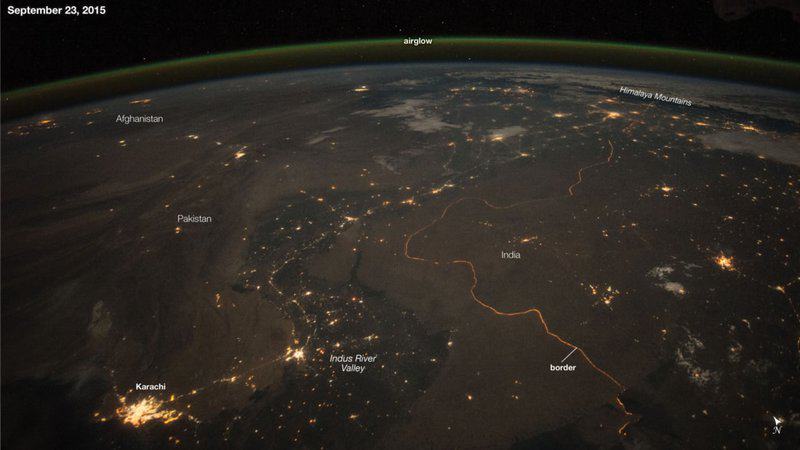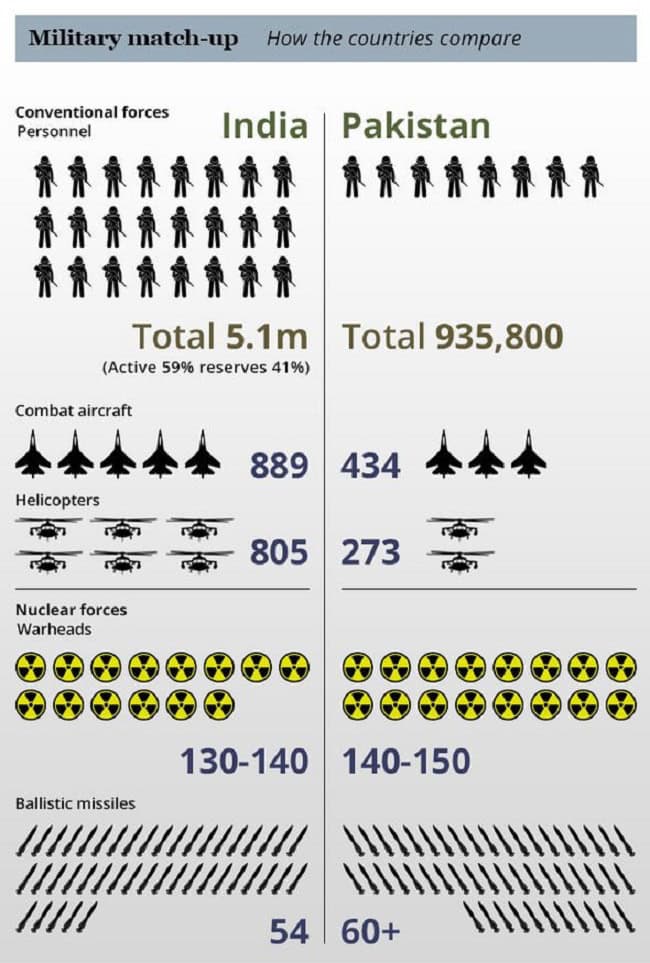Textbooks in neighboring and nuclear armed rivals India and Pakistan notoriously teach wildly different versions of the same shared history and events. The governments of those two nations are not alone in editing schoolbooks and other materials to teach officially approved narratives, reality and facts be damned. Below are some fascinating examples of the difference between the official or commonly accepted version of some famous historic events, and reality.

ADVERTISEMENT - CONTINUE READING BELOW
20. The School Textbook Wars Between India and Pakistan
Few neighbors have a more toxic relationship than that of India and Pakistan. Within three decades after they emerged as independent countries, they fought three major wars. Atrocities abounded in those conflicts, in which millions perished and were displaced. Today, both continue to stare daggers at each other across thousands of miles of a fortified and heavily patrolled border. Visible from outer space due to 150,000 floodlights installed by India on 50,000 poles, it is considered one of the world’s most dangerous boundaries. Especially since both possess atomic weapons. The next war between them could well witness the world’s first mutual nuclear exchange. With things so tense, it is no surprise that the conflict has reached into classrooms and textbooks. The governments of both India and Pakistan ensure that schoolbooks are heavily edited to educate generations of citizens with a skewed – and at times even warped – version of events.

ADVERTISEMENT - CONTINUE READING BELOW
Take the 1947 bloody partition of British India. It was a violent mess that witnessed mass riots in which hundreds of thousands were slain, millions injured, and tens of millions displaced. Each country’s schoolbooks blame the other for the horrors. Indian textbooks teach that Pakistanis had never really wanted their own country, and only saw independence as a bargaining chip. Pakistan’s schoolbooks teach that Pakistani Muslims sought independence only after Indian Hindus transformed them into literal slaves. Or take the 1965 Indo-Pakistani War: both Indian and Pakistani schoolbooks claim victory for their country. Then there is there is the Indo-Pakistani War of 1971, which saw the partitioning of Bangladesh from Pakistan. Pakistani textbooks accuse India of unjustified aggression. Indian textbooks claim (with some justification) to have acted only after Pakistan began to slaughter Bangladeshis, and to help Bangladeshi freedom fighters.

